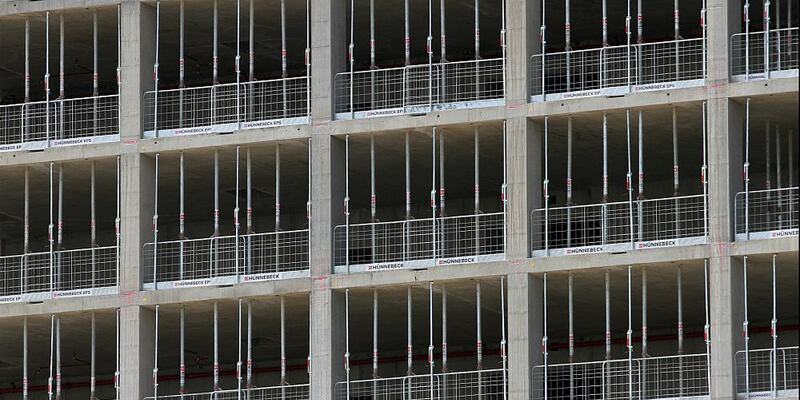Between the peak at the end of 2022 and mid-2025, the number of construction starts fell by 85 percent.

Number of construction starts has fallen by 85 percent since 2022
"The pipeline is running dry, and there won't be much coming in the foreseeable future. Germany is pushing a construction wave of unrealized projects ahead of it. What isn't planned and built today won't be available tomorrow." André Adami, Head of Housing at Bulwiengesa, told "Bild" that fewer than 200,000 new apartments are expected to be completed by 2025. According to the Federal Institute for Research on Building, Urban Affairs and Spatial Development, the actual demand is at least 320,000 apartments per year. Salewski criticized the slow implementation of political measures. "The explosive nature of the situation is not being recognized. The construction boost won't arrive until the fall and won't have a quick effect," he said. Federal Construction Minister Verena Hubertz (SPD) expressed optimism. "Housing construction has had difficult years. The signs are changing, and the Ifo Institute is reporting the best sentiment in housing construction in almost three years," she told the newspaper. "Now we're starting the construction turbocharger – and investing €23.5 billion in social housing by 2029." Construction policy expert Jan-Marco Luczak (CDU) announced a "policy change" to the newspaper. "We are temporarily making the EH55 building type eligible for subsidies, and with the E building type, we are creating the possibility of legally deviating from the recognized rules of technology," Luczak said. The goal is to "make construction affordable again" – away from the "expensive gold standard" that makes housing unaffordable. "We are breaking the spiral of ever stricter and cost-driving standards."
ad-hoc-news







